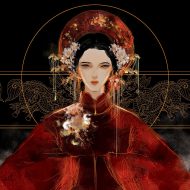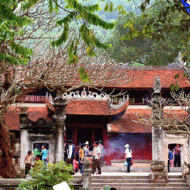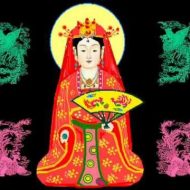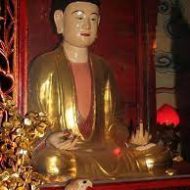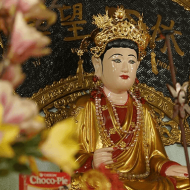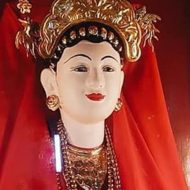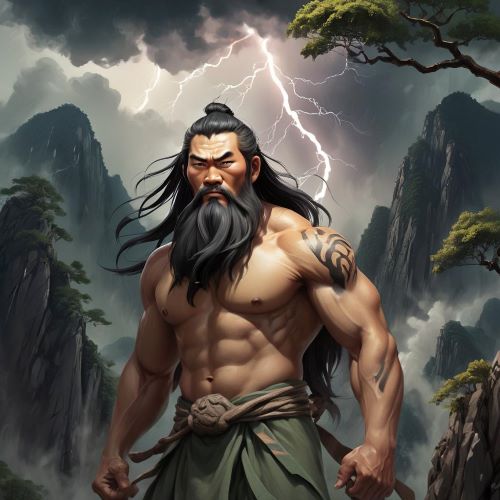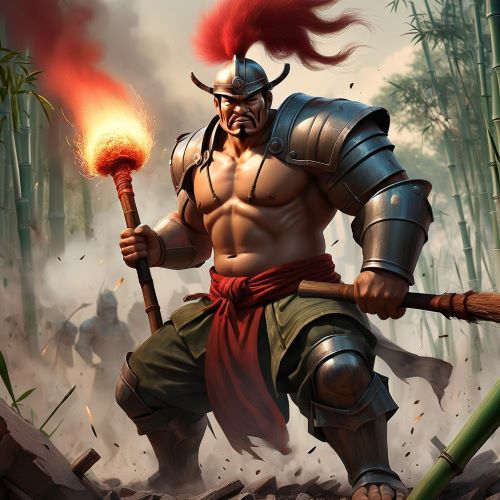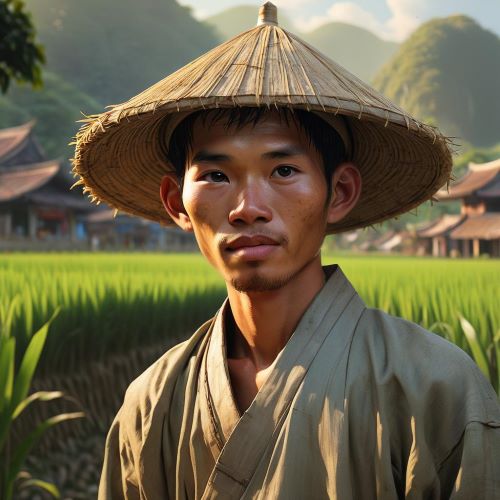Lieu Hanh : The Mother Goddess
Listen
At a glance
| Description | |
|---|---|
| Origin | Vietnamese Mythology |
| Classification | Demigods |
| Family Members | Jade Emperor (Father), Dao Lang (Husband) |
| Region | Vietnam |
| Associated With | Family, Reincarnation |
Lieu Hanh
Introduction
Princess Lieu Hanh is a cult figure worshipped by Vietnamese people. She is believed to have been created by rice farmers who were desperate for water and land. She is considered a powerful goddess and is among the four immortals of Vietnamese mythology. She holds the distinction of being one of the oldest recognised feminists.
Physical Traits
The goddess is often depicted as a beautiful and youthful woman who is dressed in simple clothes. For ceremonies and festivals she is decked up to take on the form of the princess that she is believed to be.
Family
Princess Lieu Hanh is believed to have taken at least 2 incarnations or rebirths in Vietnamese Mythology. In the first one, she is believed to have been born to a very righteous man Le Thai Cong and his wife.
Legend has it that he had a vision of a young girl who broke the favourite jade cup of the Chinese God Jade Emperor into a million pieces. As a punishment the Emperor set the girl, who was his thirteenth daughter, down to earth. When his wife gave birth, he was sure that this was the same girl in his vision and named her Giang Tien who grew up to marry and have two children. She died suddenly at the age of 21.
The spirit went back to her heavenly home but soon got homesick of her time on earth and requested the Jade Emperor to let her go back resulting in her second incarnation as Princess Lieu Hanh. She married Dao Lang but returned to heaven after a short while.
Other Names
She is also known as Giang Tien , meaning “descending from heaven”.
Powers and Abilities
She is not known to have any specific powers but had the ability to curse or bless people based on their activities.
Modern Day Influence
Despite the heavy influence of communism, traditional Vietnamese festivals are still celebrated around the country. People still hold on strongly to their traditional beliefs and she is highly revered across the country.
Related Images
Frequently Asked Questions
Who is the mother goddess of Vietnam?
A nymph who descended to Earth, lived as a human and became a Buddhist nun. She is often referred to as the Mother of the World (Mau nghi thien ha) and is considered one of the Four Immortals of Vietnam.
Who is the goddess of fertility in Vietnamese?
Liễu Hạnh is a prominent figure in Vietnamese religious traditions. Though not exclusively linked to fertility, she is often invoked by women seeking to conceive. Her association with motherhood and childbirth stems from her benevolent nature and compassionate spirit.
What is Vietnam's main religion?
Vietnam does not have a single “main” religion. It has a diverse religious landscape, with various faiths practiced throughout the country.

